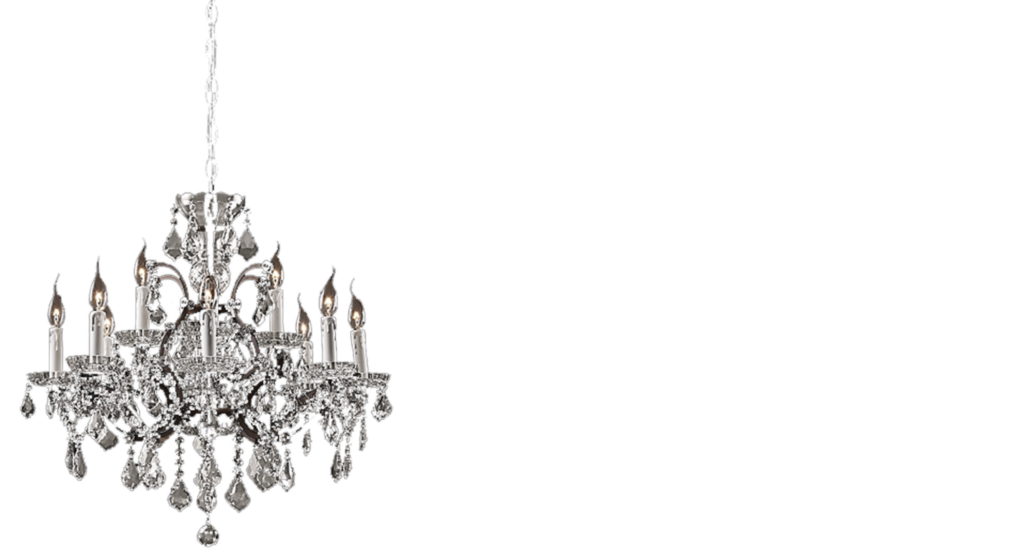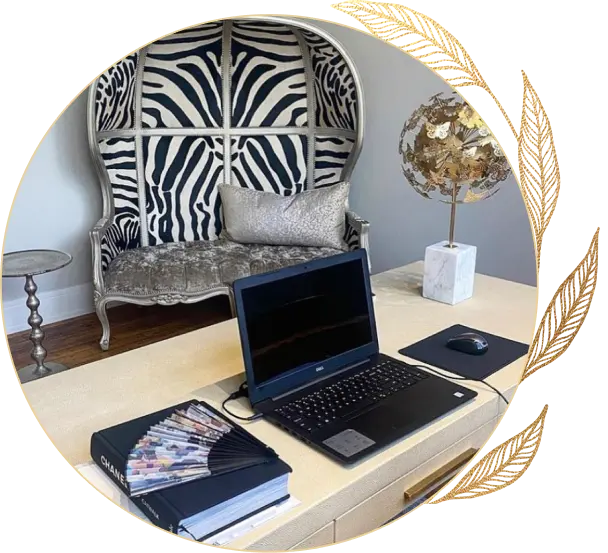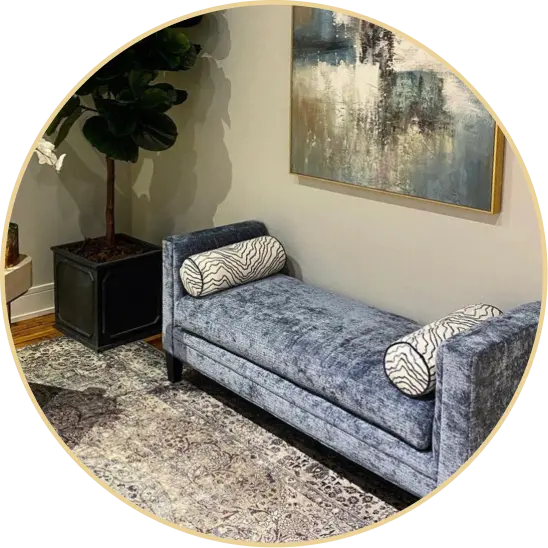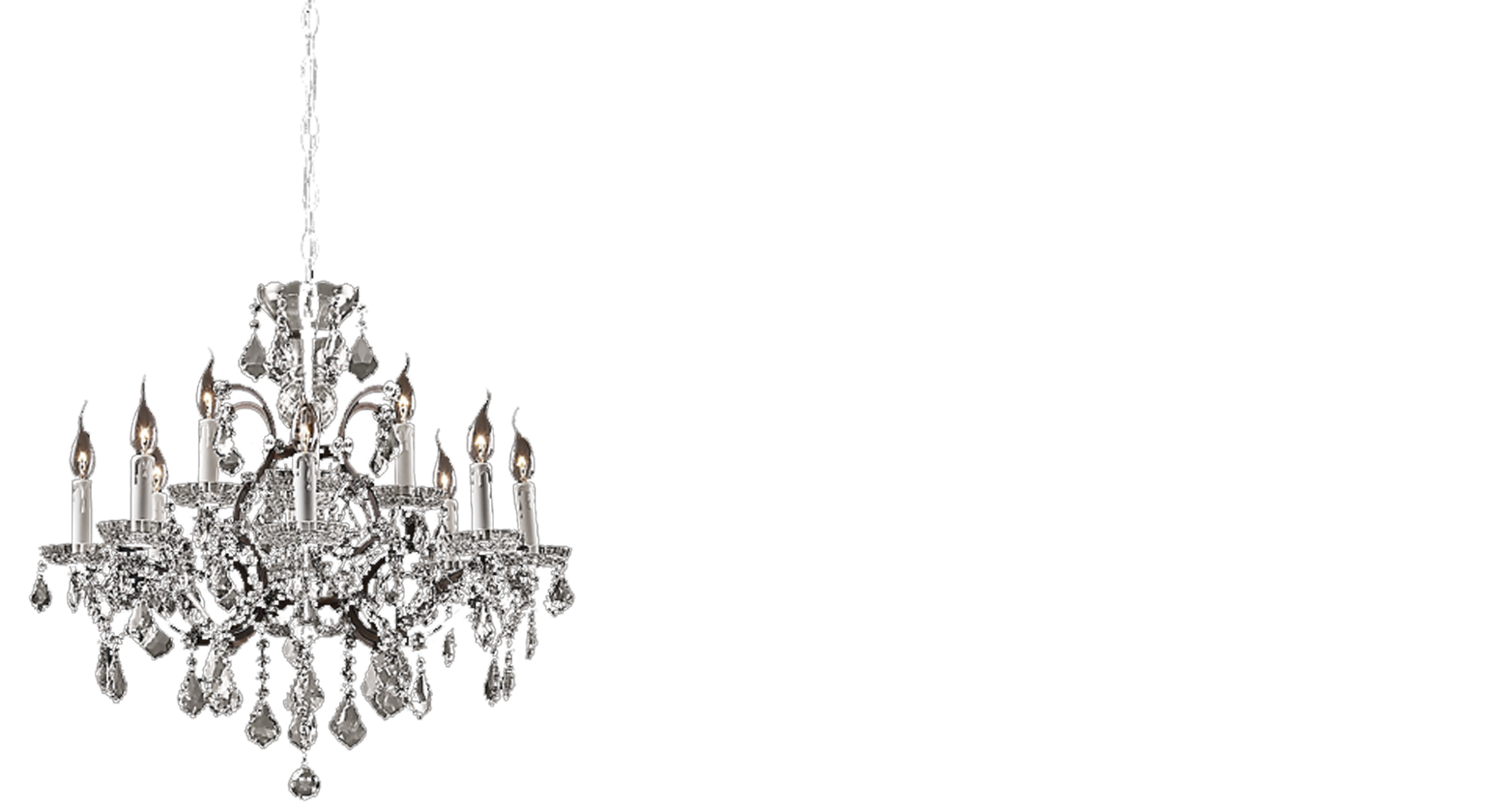Transcranial magnetic stimulation (TMS) therapy is a non-invasive treatment designed to alleviate symptoms of depression and other mental health conditions. During TMS therapy, patients typically sit in a comfortable chair while a device that generates magnetic fields is placed near the scalp. This device produces small electrical currents that stimulate nerve cells in the region of the brain associated with mood control and depression. Patients do not need anesthesia, and each session lasts about 30-60 minutes, with the entire course usually spanning 4-6 weeks.
The effects of TMS therapy can last for varying durations depending on individual factors like the severity of symptoms and the specific protocol used. Many patients report improvements after a few weeks of treatment, with benefits lasting from several months to over a year. For optimal results, some may require periodic “maintenance” sessions. The longevity of TMS benefits also suggests cumulative improvements over time, with many patients experiencing sustained relief that enhances their overall quality of life.
At Luxury Psychiatry, we offer TMS therapy in the Chicago area for those who are local and have sought treatment for depression before. We also offer TMS therapy in Orlando for those who live in the Winter Garden area.
What is TMS Therapy?
Transcranial magnetic stimulation (TMS) therapy is an advanced, FDA-approved treatment modality specifically designed for managing conditions such as depression, anxiety, and other mental health disorders when conventional therapies have not been effective. It involves using magnetic fields to stimulate nerve cells in the brain to improve symptoms of depression and other psychiatric disorders. The procedure is typically performed on an outpatient basis and does not require anesthesia, making it a minimally invasive option with few side effects. During the treatment, an electromagnetic coil is placed against the scalp near the forehead. The coil then emits short electromagnetic pulses to stimulate the part of the brain responsible for mood regulation. The process aims to activate regions that have decreased activity due to depression, thereby helping to normalize brain function and alleviate symptoms. TMS has gained recognition for its efficacy and safety, offering hope to those who have not found relief through traditional methods.
Timeline for TMS Results
Each TMS session typically lasts between 30 to 60 minutes, and patients generally undergo treatment five days a week over a period of four to six weeks. The non-invasive nature of TMS allows patients to resume daily activities immediately after each session, making it a convenient option for continuous outpatient care.
Weeks 1-3
Many patients begin to notice improvements in their symptoms within the first two to three weeks of starting TMS therapy. This initial response can vary significantly among individuals, with some experiencing changes as early as after the first week. Early improvements are usually subtle, such as increased energy levels, improved sleep, or a more stable mood, which encourages continuation of the therapy.
Weeks 4-5
By the fourth week of treatment, a clearer picture often emerges regarding the effectiveness of TMS for the patient. It is during this mid-treatment phase that the majority of patients report more pronounced benefits, including a substantial reduction in depressive symptoms and an enhanced overall sense of well-being. Healthcare providers typically conduct a thorough evaluation at this stage to determine the success of the treatment and make any necessary adjustments.
Week 6+
Once the full course of treatment concludes, the long-term results of TMS can become evident. The benefits of TMS, such as improved mood and cognitive function, can last for several months or longer. Some patients might require occasional maintenance sessions to sustain these effects, especially if they have a history of recurrent depression. The timeline for these maintenance sessions varies, and they can be tailored based on individual needs and responses to the initial treatment regimen.
Is TMS Right for Me?
Determining whether Transcranial Magnetic Stimulation (TMS) is the right treatment option involves considering several factors, particularly when traditional treatments have not yielded satisfactory results. TMS is particularly recommended for individuals who have not experienced significant relief from symptoms of depression through medications or who have struggled with side effects from those medications. It’s also a viable option for those looking for a non-invasive alternative to more invasive treatments like electroconvulsive therapy (ECT).
Before starting TMS, it’s crucial to have a thorough evaluation by a qualified mental health professional who can assess your medical history, the severity of your symptoms, and any previous treatments you’ve undergone. Ideal candidates for TMS typically include those with a diagnosis of major depressive disorder, especially if they have not responded adequately to antidepressant medications. However, TMS is also being explored and used for other mental health conditions, such as anxiety, PTSD, and certain neurological disorders, making it a versatile treatment option in the field of psychiatry. Additionally, it’s important to discuss any potential risks or concerns with your doctor to ensure that TMS therapy aligns with your overall health profile and treatment goals.
TMS vs. Depression Treatment
Transcranial Magnetic Stimulation (TMS) presents a unique approach to treating depression, particularly when compared to traditional methods like medication and psychotherapy. One of the key advantages of TMS is its ability to target specific areas of the brain associated with mood regulation without the systemic side effects commonly experienced with antidepressants, such as weight gain, sexual dysfunction, or gastrointestinal issues. This targeted approach allows for direct stimulation of areas underactive in depressive disorders, potentially leading to more effective symptom management for those who have not responded to other treatments.
TMS provides a different mechanism by acting directly on the brain’s neural activity. It’s particularly useful for patients who have a poor response to medications or those seeking a non-pharmaceutical treatment option. Since TMS is a localized treatment, it doesn’t have the same body-wide side effects as medications. The primary effects are limited to the scalp and jaw during treatment, with a very low risk of systemic side effects.
Get TMS Therapy at Luxury Psychiatry
At Luxury Psychiatry, we are committed to providing cutting-edge mental health treatments in a comfortable and supportive environment. Our TMS therapy sessions are conducted by experienced professionals who are dedicated to helping you achieve the best possible outcomes for your mental health. With state-of-the-art equipment and a patient-centered approach, we tailor each treatment plan to meet the unique needs and circumstances of our patients, ensuring a personalized therapy experience.
Our center is designed to offer a tranquil and luxurious setting where you can receive TMS therapy in complete comfort. We understand that dealing with depression requires not only effective treatments but also a nurturing environment that fosters healing and well-being.
If you’re exploring treatment options for depression and are interested in TMS therapy, contact Luxury Psychiatry today to learn more or to schedule an appointment. Our knowledgeable staff is here to answer any questions you may have and to guide you through the process of starting TMS therapy. Start your journey toward recovery and improved mental health by reaching out to us—because at Luxury Psychiatry, your well-being is our priority.
